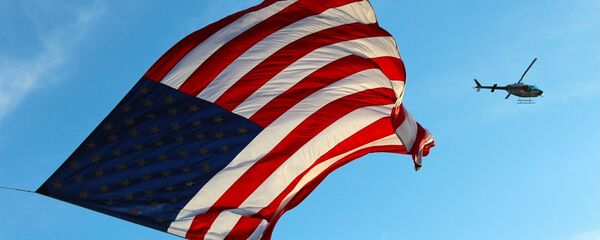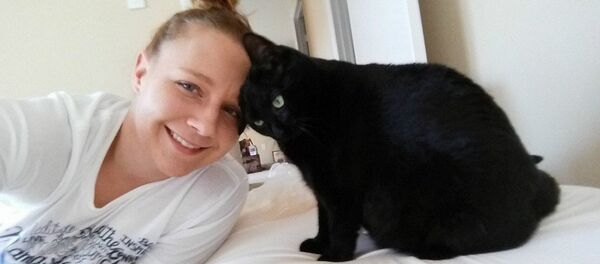But he may have won one in Georgia where, late last week, a state judge denied and dismissed (PDF) a complaint (PDF) and motion for a Temporary Restraining Order (PDF) seeking to demand paper ballots at the polling place for next week's much-watched (and most expensive ever) US House special election. That, as voters will still be forced instead to use 100% unverifiable Diebold touch-screen voting systems at the polling place instead.
Then, speaking of elections and Diebold's unverifiable touch-screen systems, we're joined by "Diebold Document Whistleblower" (PDF) Stephen Heller who, while working at a law firm in 2004, discovered the company and its attorneys were lying to the state of California about having illicitly installed uncertified hardware and software into its unverifiable voting systems that were, back then, allowed for use in the state. The touch-screen voting systems were decertified by the state following Heller's disclosures, but he paid a stiff price for sharing attorney-client privileged documents with the media. The same system he blew the whistle on in 2004 will be used in Georgia for next week's Special Election, and Heller offers thoughts on that issue.
The winner was charged (PDF) last week under the 1917 Espionage Act for leaking a "Top Secret" NSA analysis to the press, which asserted that, prior to last year's election, Russian intelligence had used spear-phishing attacks to try and gain access to the computers of election officials around the country. Those same computers are often used to program voting systems, tabulators and voter registration databases. Under the espionage charges, Winner will not be allowed to make her case to the jury as to why she leaked the classified materials, nor explain how she believed them to be in the public interest, said fellow NSA-contractor turned whistleblower Edward Snowden last week.
Heller offers his own insight into the difficult decision he believes Winner faced when deciding to leak the documents, and explains why whistleblowers like him are often forced to decide to do the wrong things for the right reasons. "I felt that the crime of violating attorney-client privilege in this single, isolated, discrete instance, was worthwhile — that I had to get this information out to the public so that the people of California and the rest of the country would know that this corporation was diddling our elections," he tells me.
"I think the message in both Ms. Winner's situation and mine is essentially the same — our elections are under attack. And we Americans can't be complacent. We must protect our elections. Keep them clean, fair, open, untainted either by corporations or foreign nations or our own politicians and elections officials."
"What is illegal is not always wrong," Heller goes on to explain, from his unique perspective on the agonizing choices that folks like him and Winner (and Manning, and Snowden, et al) face when deciding to do what they did. "There's no question that if she did indeed leak these documents, as is alleged, that was illegal. But is it wrong? Reasonable minds may disagree."
Lots of stuff in my conversation with Heller (who, by way of full disclosure, has become a friend and occasional BRAD BLOG contributor in his years since blowing the whistle on Diebold) is worth tuning in for today. Much more than I can detail here! Finally, a major energy utility company in Virginia tries to help choose the winner of the state's Democratic gubernatorial primary on Tuesday, and an otherwise Trump-loving Fox "News" anchor charges Trump's problem isn't fake news or the media, it's Donald Trump.
You can find Brad's previous editions here. And tune in to radio Sputnik five days a week.
Have you heard the news? Sign up to our Telegram channel and we'll keep you up to speed!


